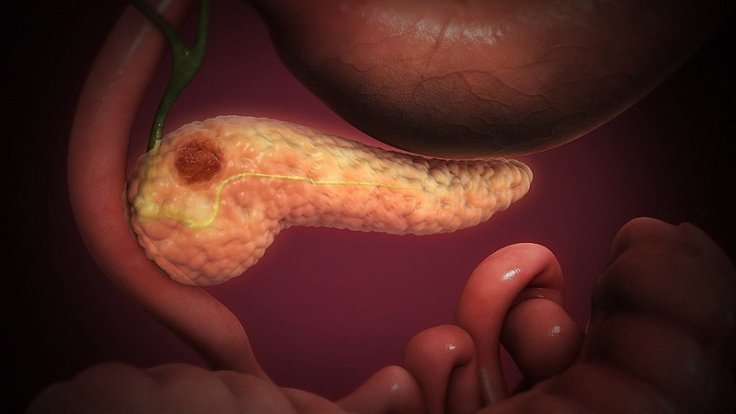A team of US scientists has found a new way to kill pancreatic cancer cells by disrupting their cellular pH equilibrium – a discovery that can herald a new approach to treat the deadliest form of cancer.
The study, published in Cancer Discovery, reports how depleting an ion transport protein lowers the pH to a point that compromises pancreatic cancer cell growth.
Pancreatic cancer cells have a constant need for energy to support their growth and expansion.
To meet these energy needs, they boost metabolic pathways that normal cells don't use and, as a consequence, produce excess acid that needs to be expelled.
Increasingly, scientists have focused on manipulating cancer cell pH as an approach to treat cancers lacking effective therapies.
"Our study suggests that interfering with cellular pH represents a new therapeutic avenue to treat pancreatic cancer, one of the deadliest cancers for which there is currently no effective treatment," said Cosimo Commisso, assistant professor in Sanford Burnham Prebys Medical Discovery Institute.
"We have shown that a sodium-hydrogen exchanger called NHE7 plays a significant role in pancreatic tumours, and by suppressing it, we can promote cancer cell death," Commisso added.

The proteins that regulate the internal pH
The NHE family of sodium-hydrogen exchangers are transport proteins that regulate the internal pH of cells and their organelles.
"We hypothesized that the increased acid production that occurs in tumour cells could be harnessed as a therapeutic vulnerability, so we looked for a strategy to specifically target this," noted Koen Galenkamp, a post-doctoral fellow in Commisso's lab.
By mining a number of pancreatic cancer databases, the team found that NHE7 levels were higher in tumours compared to normal pancreas, and highest in the tumours of patients with the poorest prognoses.
Through a series of experiments in pancreatic cancer cells, the research team showed that suppressing NHE7 lowers the pH of the cell's cytoplasm, triggering cell death.
Importantly, in mice transplanted with human tumours, getting rid of NHE7 caused tumours to shrink or completely stop their growth.
The study illustrates the potential to target pH balance as an approach to combat pancreatic cancer.









